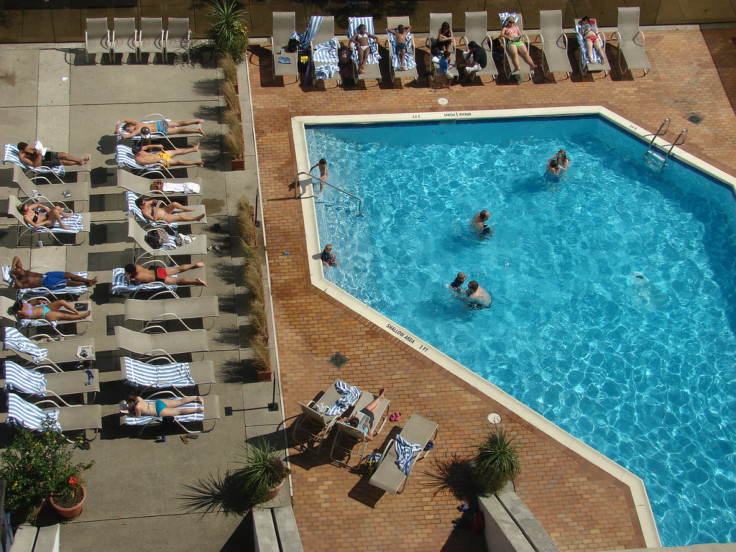FTC Admonishes Hotels For Hidden ‘Resort Fees’

The Federal Trade Commission issued a warning to 22 hotel operators Wednesday, claiming they may be breaking the law by misrepresenting hotel reservation prices quoted to consumers on their online reservation systems.
The warning stems from a conference the FTC held in May on so-called drip pricing, or “the pricing technique in which firms advertise only part of a product’s price and reveal other charges later as the customer goes through the buying process.” The most common complaint brought up during the conference involved mandatory hotel charges for amenities like newspapers, use of pool and exercise facilities or Internet access, which are euphemistically referred to as “resort fees.”
“Consumers are entitled to know in advance the total cost of their hotel stays,” FTC Chairman Jon Leibowitz stated Wednesday. “So-called ‘drip pricing’ charges, sometimes portrayed as ‘convenience’ or ‘service’ fees, are anything but convenient, and businesses that hide them are doing a huge disservice to American consumers.”
Leibowitz said these fees can be as high as $30 per night, a sum that, if more apparent, would affect a consumer’s purchasing decision. Many guests have complained to the FTC that they only learned of the fees during their hotel stay, long after making a reservation at what they believed to be the total room price.
FTC staff reviewed a number of online hotel booking sites and confirmed that many hotels exclude “resort fees” from the reservation price, instead quoting just the “total price” or “estimated price” of the room rate and applicable taxes. Some list the additional fees in fine print or elsewhere on their websites, the agency said, while others fail to mention it altogether.
“We believe that online hotel reservation sites should include in the quoted total price any unavoidable and mandatory fees, such as resort fees, that consumers will be charged to stay at the hotel,” FTC Associate Director for Advertising Practices Mary K. Engle said in the letter to hotel operators. “While a hotel reservation site may break down the components of the reservation estimate (e.g., room rate, estimated taxes and any mandatory, unavoidable fees), the most prominent figure for consumers should be the total inclusive estimate.”
Engle said the FTC “may take action to enforce and seek redress for any violations of the FTC Act as the public interest may require.” The agency did not name the 22 hotel operators who received the warning letter, because it wants to give them a chance to comply as this is the first time the FTC has publicly stated its position on “drip pricing.”
In the meantime, Lesley Fair of the FTC recommends that business travelers contact hotels directly to ask about mandatory charges.
“If one hotel’s resort fee leads you to choose a competitor, let them both know what motivated your decision,” Fair said.
Even if hotels comply with the FTC’s request, consumers will likely still have to pay the additional fees. What will change is the moment of surprise at the checkout desk.
© Copyright IBTimes 2025. All rights reserved.






















